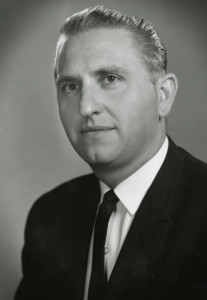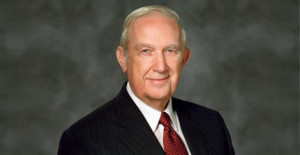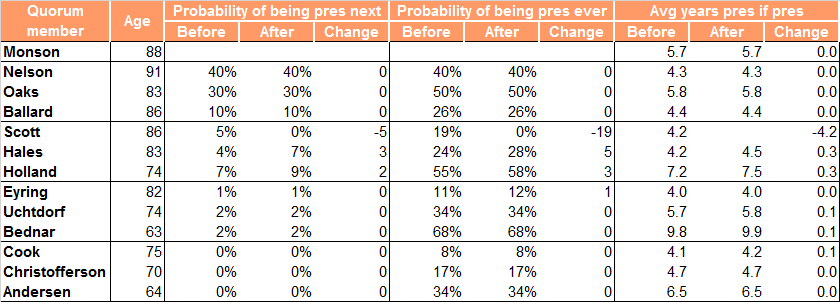The Church released a statement today saying that it will continue to be a chartering organization for the BSA. This came as a little bit of a surprise given the huffy tone of the Church’s “we’re re-evaluating our relationship” statement of less than a month ago.
What’s interesting is what’s consistent across the two statements: the equation of “youth” in the Church with boys only. From the earlier statement:
As a global organization with members in 170 countries, the Church has long been evaluating the limitations that fully one-half of its youth face where Scouting is not available.
And from today’s statement:
With equal concern for the substantial number of youth who live outside the United States and Canada, the Church will continue to evaluate and refine program options that better meet its global needs.
A lot of people commented that last month’s statement read like a first draft, written in frustration, that somehow slipped through and saw the light of day. Today’s statement does sound more measured. It’s disappointing, then, that even after having calmed down and re-considered things, the writers still don’t imagine that the Church’s youth include girls.




